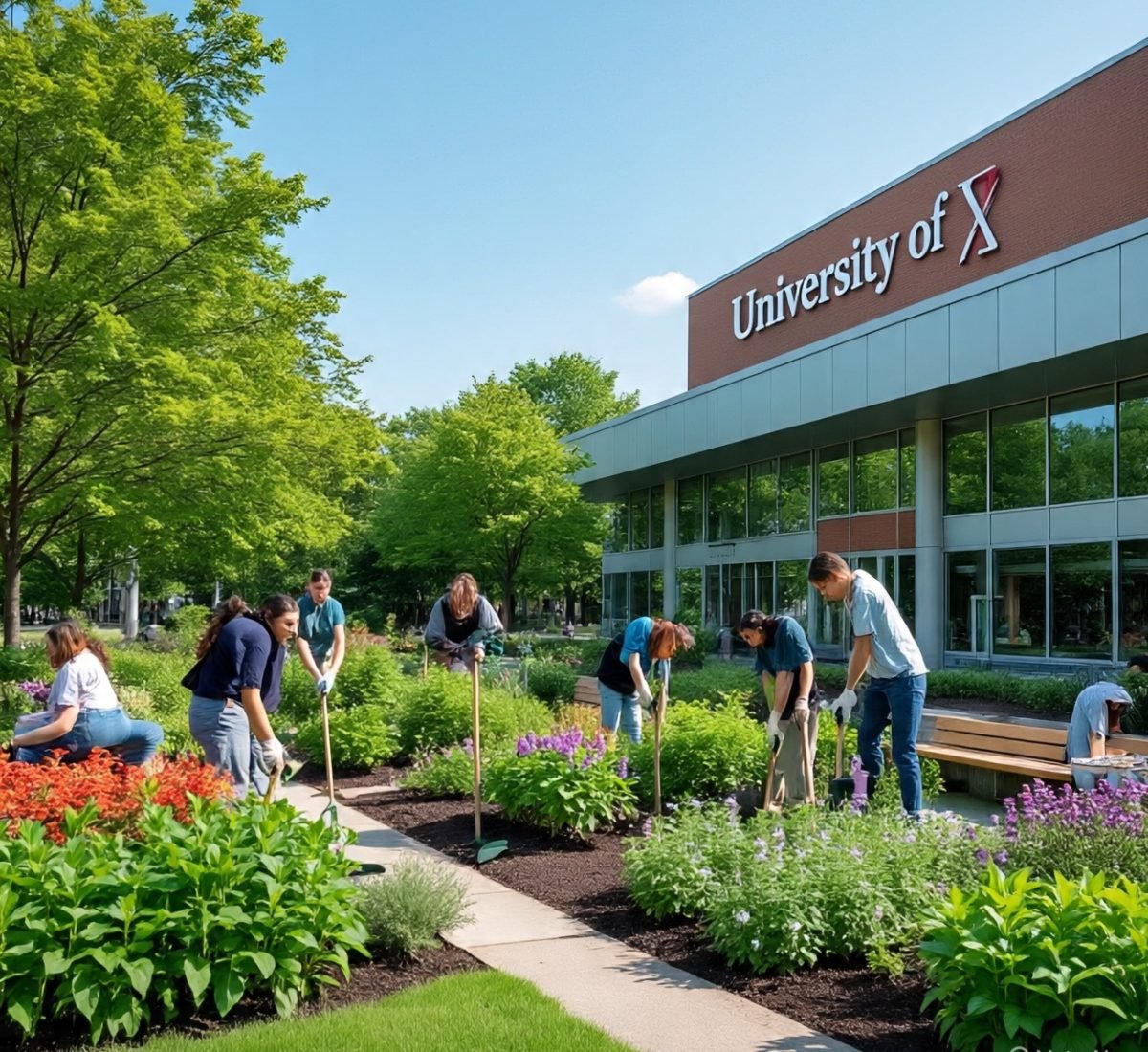University increases gardening programs to boost student mental health

Table of Contents
Introduction
A university in Kent is broadening its efforts to address student mental health by expanding a garden space that serves as a peaceful retreat and wellbeing hub. The Community Oasis Garden, located on the University of Kent’s Canterbury campus, has become an important sanctuary for students seeking respite from academic pressures. It also functions as a space for ecological engagement and biodiversity projects.
Students can join the garden through university referrals or via East Kent Mind, a local mental health charity that co-manages the project. The garden fosters a sense of belonging while promoting mental wellness and environmental awareness.
PhD student Lewis Sawyer, who was referred to the project as an undergraduate, described the garden as a vital outlet for managing academic stress. He explained that student life can often be isolating, and the garden gave him an opportunity to reconnect with nature and step away from constant screen time.
The initiative has been particularly active this year, converting previously unused overgrown land into productive garden beds and installing features like ponds and bug hotels to enhance biodiversity. These additions offer students a chance to contribute to conservation while improving their own mental wellbeing.
The garden’s community-based approach also connects students with local volunteers, strengthening ties between the university and its surrounding area. Due to its growing popularity, the project will now expand into a new building and outdoor space.
Garden ambassador Elinor Casey stressed how much the space contributes to student mental health, describing it as “a place to just have a breath.” She added that students are not only finding comfort in the garden but also actively taking part in its development.
In response to broader concerns about student wellbeing and mental health in higher education, the Department for Education has urged institutions to reassess their support systems. Campaigners have also called for universities to be given a formal legal responsibility for student welfare.
Universities UK, which represents higher education institutions across Britain, reaffirmed its dedication to suicide prevention and called for collective action to bolster mental health support for students.
Masters student Gabriel Scannicchio echoed the garden’s positive impact. He explained that working alongside volunteers helped him overcome difficulties with group interactions and allowed him to build social confidence.
The University of Kent affirmed its commitment to supporting student wellbeing, with plans to further invest in projects like the garden and enhance access to mental health advisors and counsellors. Deputy Director of Student Services Lee Fellowes acknowledged the growing mental health challenges among young people, noting the pressure on NHS services. He emphasized the importance of universities stepping in to provide timely and meaningful support.
Fellowes added that the university is exploring various nature-based and outdoor activities as part of its broader strategy to support student mental health and wellbeing.
